BJP emerged as the major gainer, annexing power in Assam for the first time as the assembly elections in five states came to an end last month. As expected, AITMC retained power in Bengal while Left Front upstaged congress led coalition in Kerala. Tamil Nadu, on the other hand, went AIADMK way again. The tenure of the Legislative Assembly of Tamil Nadu expired on May 22, 2016. The polls for the next assembly were held on 16 May 2016 for the 234 seats of the Legislative Assembly in the state of Tamil Nadu in India. In the previous election in 2011, the AIADMK, under the leadership of Jayalalithaa, won a majority and formed the government. The results were declared on 19 May 2016 and AIADMK was able to retain power with a comfortable majority of 133 seats out of 231 The tenure of the Legislative Assembly of West Bengal expired on May 29, 2016. Like in 2011, the polls for the next assembly were held in six phases. The first phase, held in Naxal-affected areas, had two polling dates — April 4 and April 11. The other phases were held on April 17, 21, 25, 30 and May 5. West Bengal election results were announced along with other four assemblies on 19 May 2016. All India Trinamool Congress under Mamata Banerjee won 211 seats, and thus was reelected with an enhanced majority. The tenure of the Legislative Assembly of Kerala expired on May 31, 2016. The polls for the next assembly were held on 16 May 2016. The Left Democratic Front won a clear victory with 91 in 140 seats. The tenure of the Legislative Assembly of Puducherry expired on June 2, 2016. The polls for the incumbent assembly were held in two phases on April 4 and 11 2016 to elect members of the 126 constituencies in Assam. BJP won 60 seats and became the biggest party in the election.
On the sidelines of the formation of the first elected state Government of the BJP-led alliance in Assam on May 24, a significant political entity called the North East Democratic Alliance entered into the political spectrum of the country by the same evening. NEDA was formed at a high-level political meeting that took place between State leaders of the BJP, newly elected Chief Minister Sarbananda Sonowal, Himanta Biswa Sarma (chief strategist of the party in the Assam election) and the Chief Ministers of Arunachal Pradesh, Nagaland and Sikkim, along with BJP president Amit Shah and general secretary Ram Madhav. It was formed by the BJP with three regional parties of the North-East — the Sikkim Democratic Front, the Nagaland People’s Front and the People’s Party of Arunachal. It will be headed by its convenor Himanta Biswa Sarma, a master political strategist who was the main architect of the BJP’s historic victory in Assam. Later, Sarma outlined that NEDA’s aim was to improve coordination among the NDA partners in the north-eastern States and strengthen the base of all the constituent parties across the region. Besides, it will lay emphasis on good governance, and speedy development in the States wherever NDA partners are in power. As Ram Madhav highlighted, NEDA would partner with the ruling NDA at the Centre.
With NEDA, the BJP has demonstrated a political masterstroke as it reflects broadening its base from the political mainstream of New Delhi to the alienated North-East, a region neglected by successive Governments at the Centre for decades. Therefore, it will bring home the message that nationalist parties like the BJP could well work with regional parties having their own distinct ethnic, linguistic and cultural identities. If strengthened, NEDA could be poised to make a wider conglomeration of like-minded regional parties by including the Asom Gana Parishad, the Bodoland People’s Front, the Mizo National Front, the Manipur People’s Party and all other anti-Congress as well as anti-Left leaning groups, so that the BJP’s ‘Congress-mukt Bharat’ mission sees the light of the day even in the NorthEast. What sprung from NEDA is that the BJP, with its development agenda at the core, will hit hard at the Congress bastions of power in the region and more particularly, bring the North-East people closer to Delhi by fighting erstwhile sentimental rhetoric like ‘India against itself’, prevalent for long. But, regionalism being in the DNA of the North-East people, the BJP must tread carefully while dealing with issues related to migration, border and ethnicity. Beyond poll talk, the BJP should come up with a pragmatic solution to the vexed NSCN(IM) and Ulfa issues, which had been sidelined by previous Delhi dispensations for decades. Through NEDA, the BJP should send vibes to these States that they are not ‘far from Delhi’ and that regions beyond India’s ‘chicken neck’ are truly an integral part of the mainland.
—Prashant Tewari, Editor-in-Chief







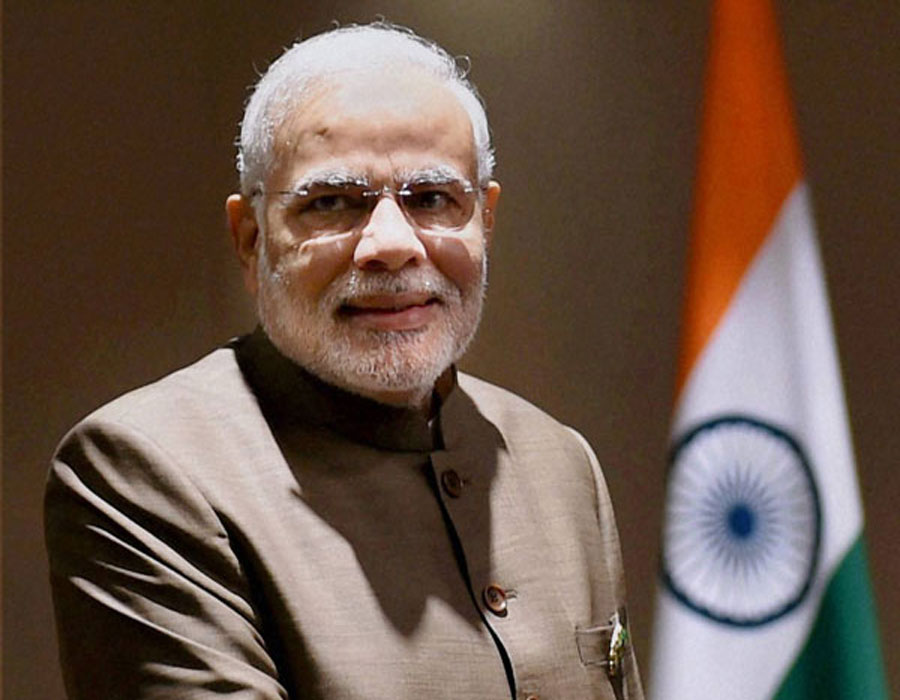
 OpinionExpress.In
OpinionExpress.In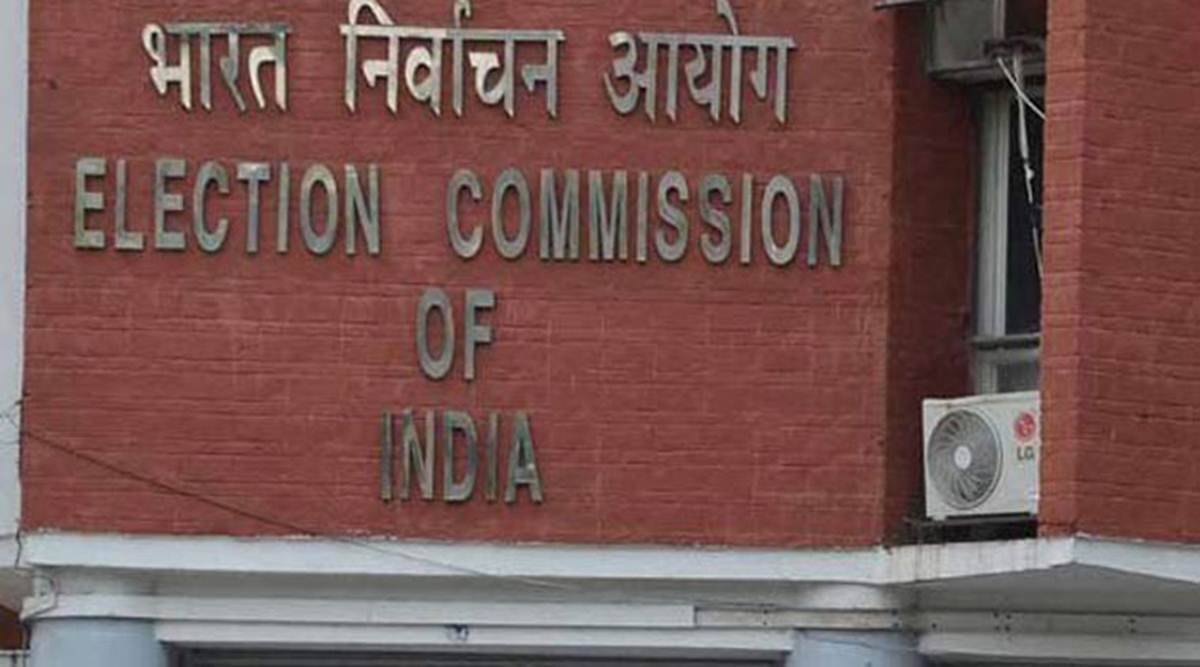
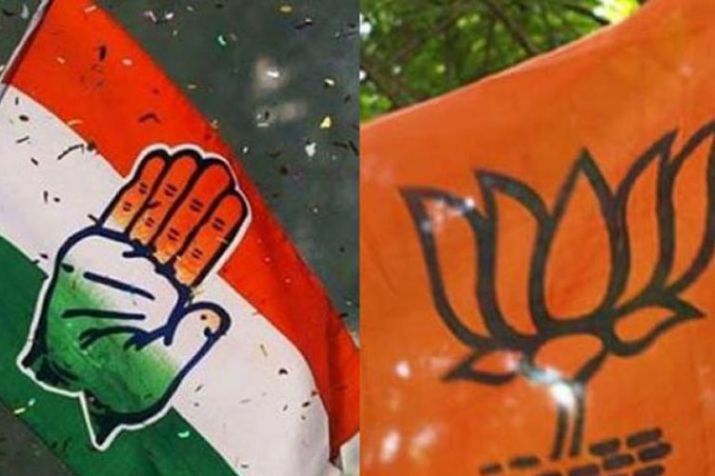
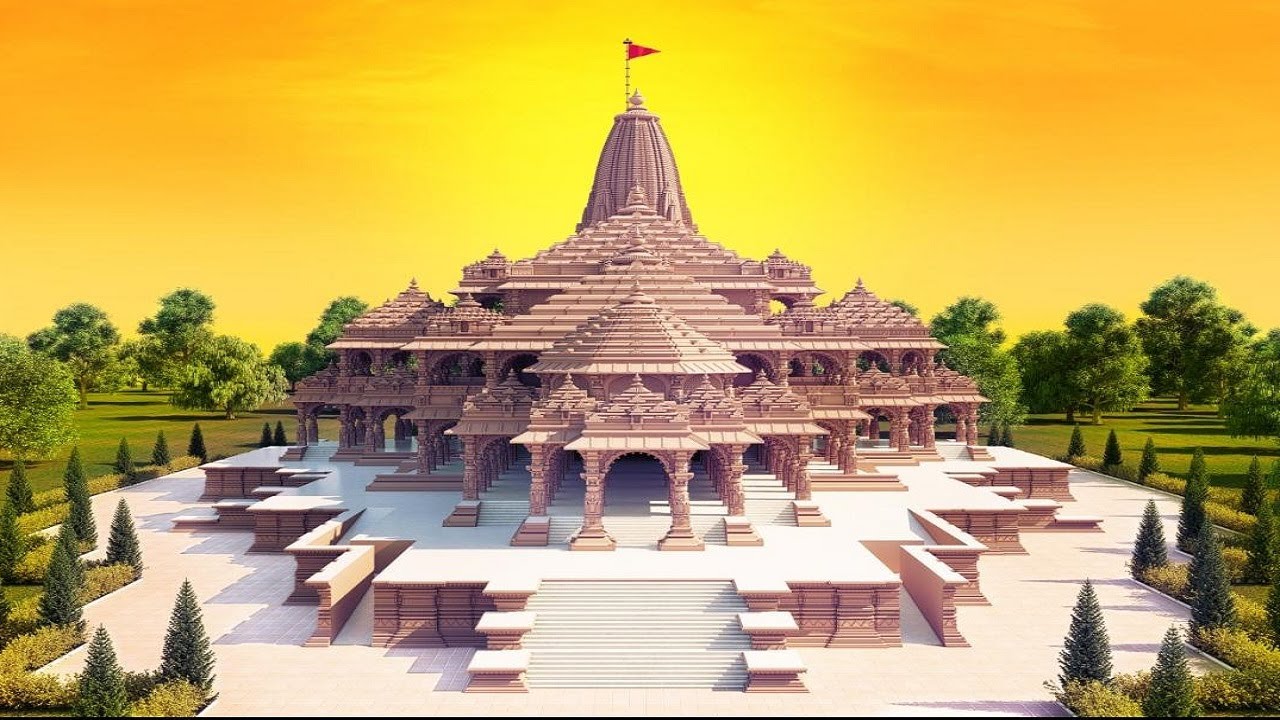
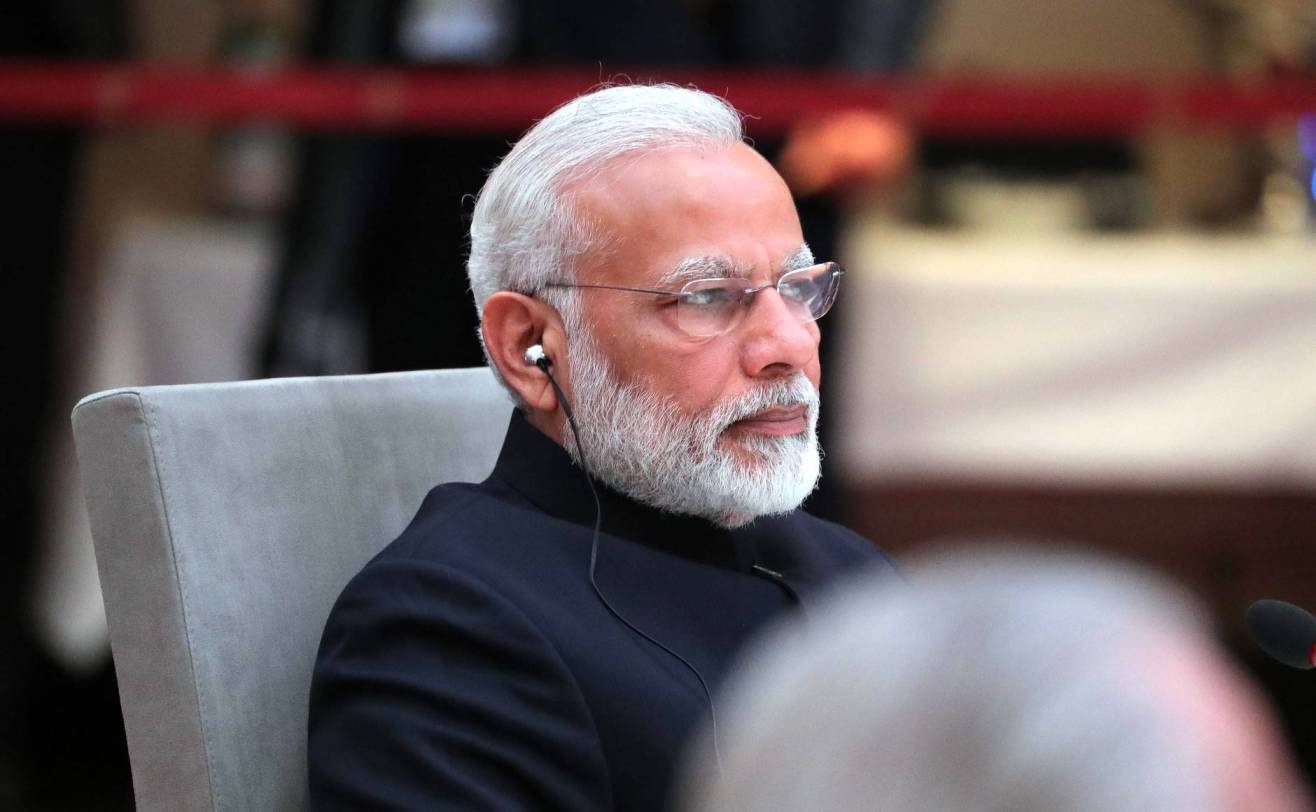
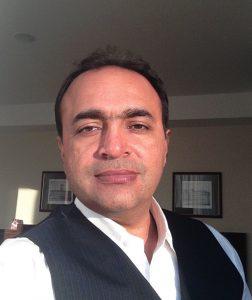
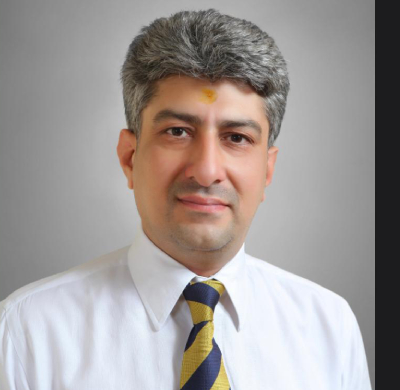
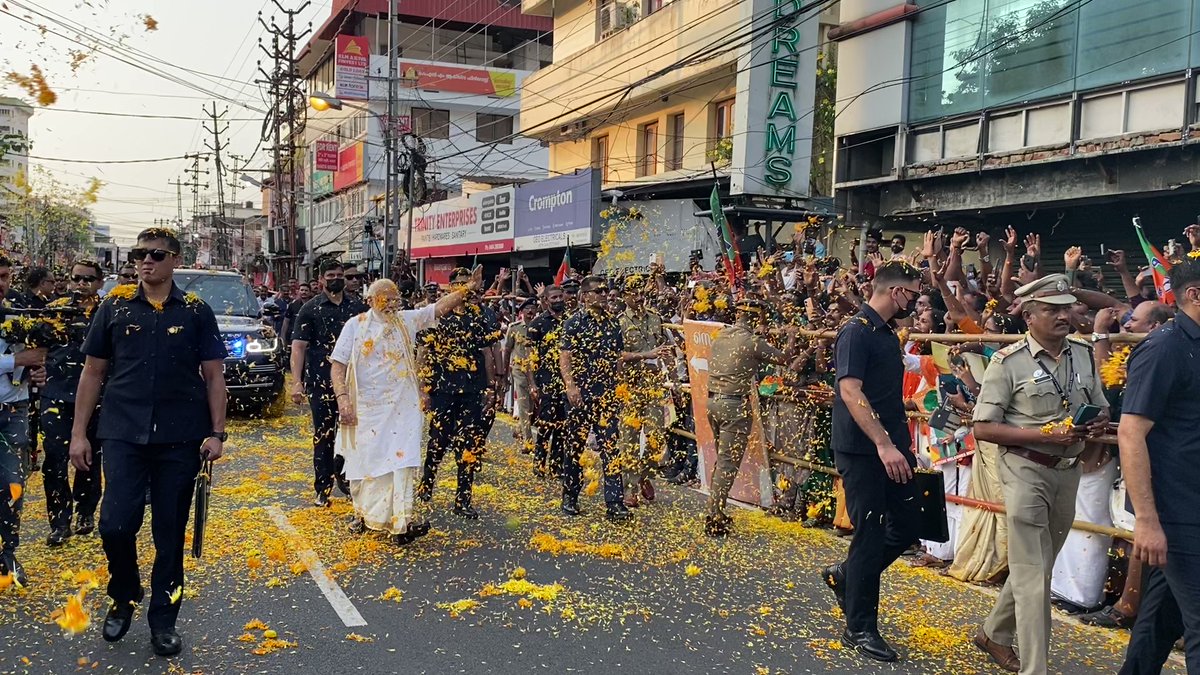
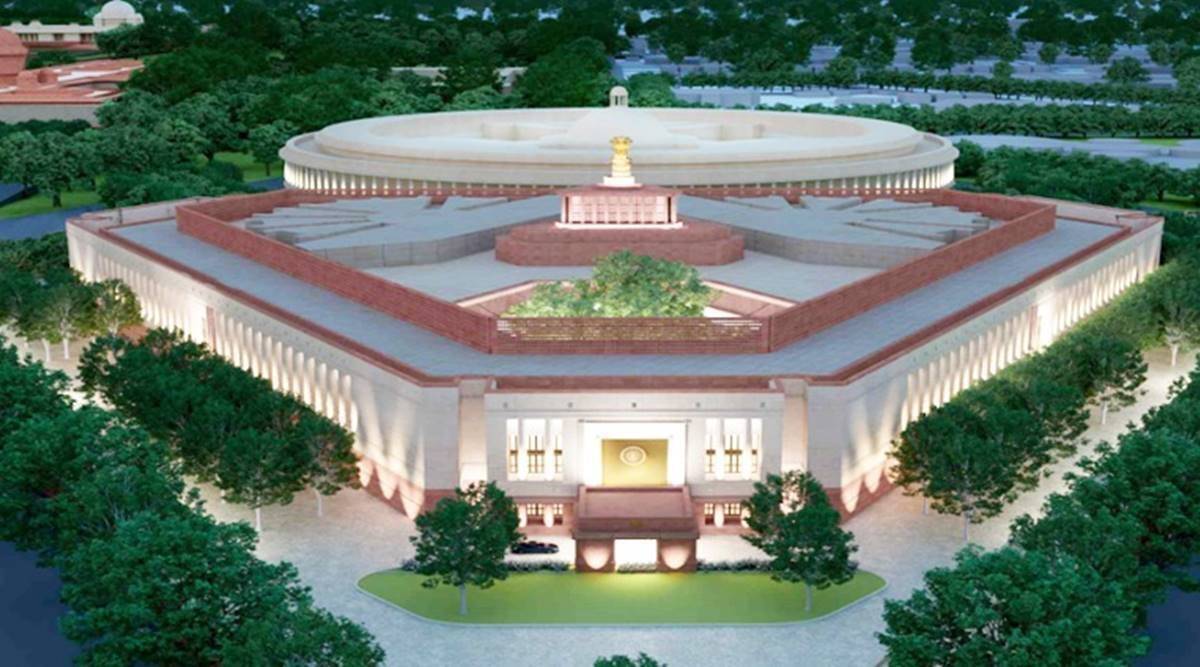

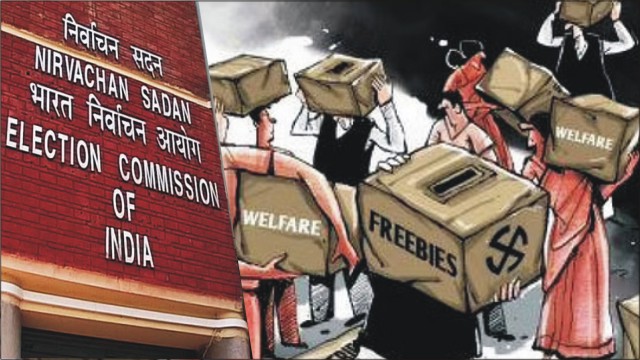






Comments (0)